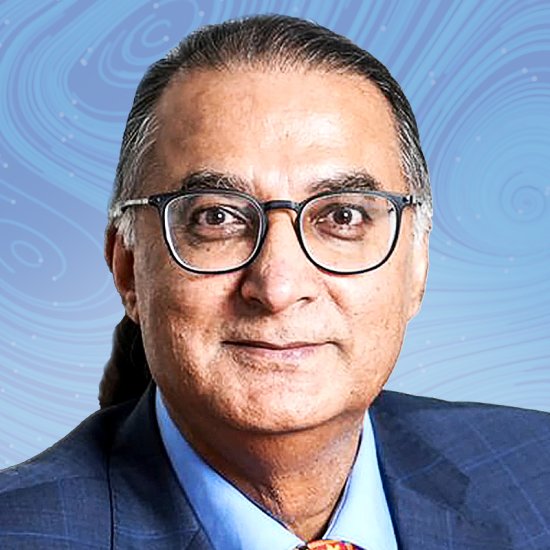
Polio eradication has largely been a global vaccination success story. The disease, which can lead to paralysis or death, mostly in children, now circulates only in Afghanistan and Pakistan. On the front lines in the effort to stamp it out is Dr. Shahzad Baig, national coordinator of Pakistan’s polio-eradication program. In 2019, polio disabled or killed 147 people in Pakistan; since Baig assumed the position, in 2021, case counts have plummeted, with only six children stricken in 2023. The goal is to bring that number to zero by 2026.
[time-brightcove not-tgx=”true”]In the run-up to the killing of Osama bin Laden in 2011, the CIA staged a phony door-to-door vaccination drive in Abbottabad, Pakistan, where bin Laden lived, in order to collect DNA samples from his family and confirm his whereabouts. That helped exacerbate existing rumors that polio vaccinations were a Western ruse to sterilize Muslim girls, which led to the killing of more than 200 polio vaccine workers by Islamist extremists from 2012 to 2016. But Baig has declared that the days of extremists driving out polio workers are over. Under his leadership, the government has deployed 400,000 vaccinators and 80,000 security personnel to inoculate more than 90 million children this year alone, with another 24 million to come in a springtime vaccination drive.
Before going to work in Pakistan, Baig was a technical adviser to Nigeria’s polio eradication effort, which succeeded spectacularly: in 2020, the country became the most recent one in the world to be declared polio-free. If Baig has his way, Pakistan will be the next.